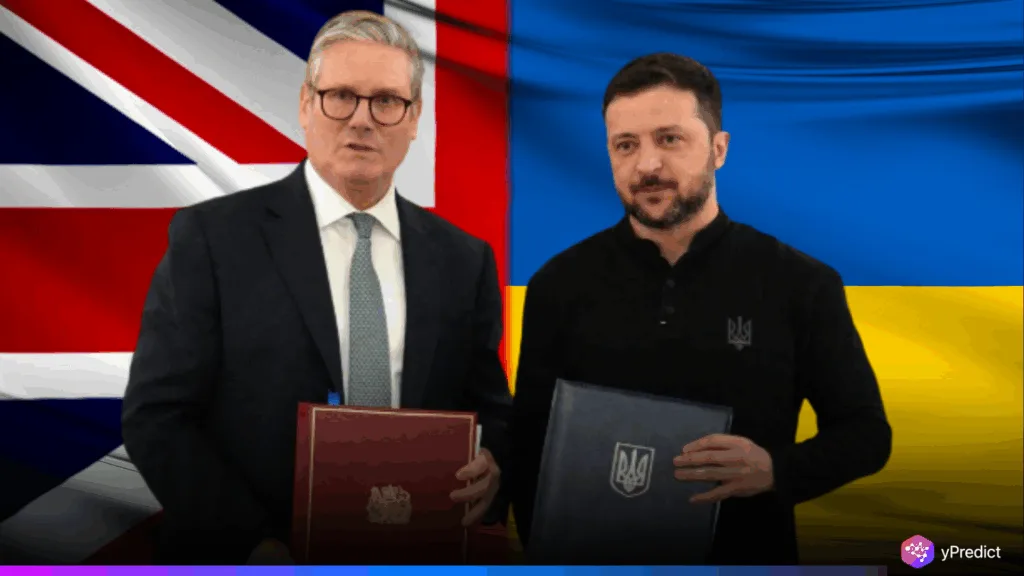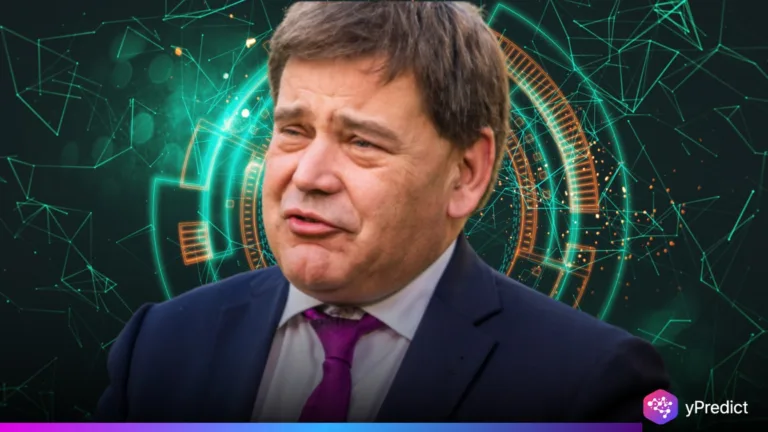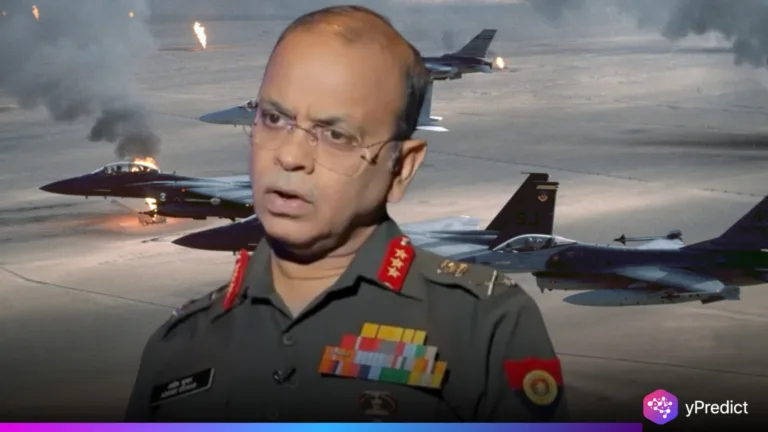
During a time of increasing urgency, Ukrainian President Volodymyr Zelensky met with United Kingdom Prime Minister Keir Starmer to fortify their alliance. Their meeting wasn’t merely political. While their conversation was certainly diplomatic, it had personal, strategic, and fundamental alignment on shared objectives. From harder sanctions against Moscow to legal reform at home, the two leaders laid out a roadmap anchored in action.
As Ukraine continues to defend itself against Russian aggression, partnerships such as that which exists with the United Kingdom are no longer symbolic but were of necessity. Zelensky emphasized that Ukraine isn’t just fighting a war; it is also building a stronger and a more accountable future. The United Kingdom, he said, remained one of Kyiv’s most committed partners in that endeavour.
New Sanctions Show the Cost of Russian Aggression
Zelensky thanked Starmer for the UK’s latest sanctions against Russia. These acts of sanction were more than political, they had to reflect in a tangible way. As he remarked, Moscow has to feel the costs of its actions. The UK’s leadership in the Ramstein group continues to increase international pressure on Russia, making it difficult for Russia to act without consequences.
These sanctions aren’t punished aggression alone they act to change the balance. In this case every sanction matters. The UK and Ukraine are deploying every element of our power to push back against the threat, and this is all an important part of the advancing UK-Ukraine relationship, where the world of diplomacy, defence and economics come together as one.
Peace Talks Are Back on the Table
Beyond the sanctions Zelensky mentioned, he also discussed the possibility of peace. Just one day before this appearance, Ukrainian and Russian representatives met in Istanbul for talks where they had approved a new exchange of prisoners and discussed a future peace summit. Zelensky made it clear that the leaders could meet and talk prior to the end of August.
This is a bold move, but is informed by Ukraine’s conviction that it can reach a peace agreement. Zelensky could not have been clearer: Ukraine will never leave sovereignty, but it is always open to negotiations. That is the kind of diplomacy the UK believes in, and this creates another dimension to deepen UK-Ukraine relationship.
Legal Reform Becomes a Battlefield of Its Own
Beyond the frontlines, Zelensky is also focused on reforming Ukraine’s legal system. He updated Starmer on a new bill designed to strengthen courts and protect anti-corruption bodies. These anti-corruption reforms are more than politics, they’re about rebuilding trust at home and abroad.
Starmer welcomed the plan and even suggested bringing in UK legal experts to support it. This isn’t just aid, it’s collaboration. The goal is to create a justice system that stands firm even under pressure. For Ukraine, cleaning up corruption is part of winning the war, and winning the future.
Shared Vision for a Free and Strong Europe
At the heart of their conversation was something bigger than policies: a shared vision. Both leaders agreed that Europe must remain free from interference, especially from the Kremlin. They spoke about working closely with the US and other allies to make sure democracy stays strong, and stable.
For Zelensky and Starmer, it’s not just about surviving the moment. It’s about building something better. UK-Ukraine relations are growing because both sides believe in the same future, one where people live safely, fairly and without fear of foreign manipulation.
A Partnership That Goes Beyond Crisis
Zelensky and Starmer ended their meeting with a promise to stay in touch. This isn’t a one-off meeting, it’s part of a deepening partnership. They know the war may last, but so will their cooperation.
With sanctions, reforms and diplomacy in motion, the UK and Ukraine are showing what long-term trust looks like. It’s a rare kind of alliance, one built not just on politics, but on purpose. UK-Ukraine relations have never mattered more.







